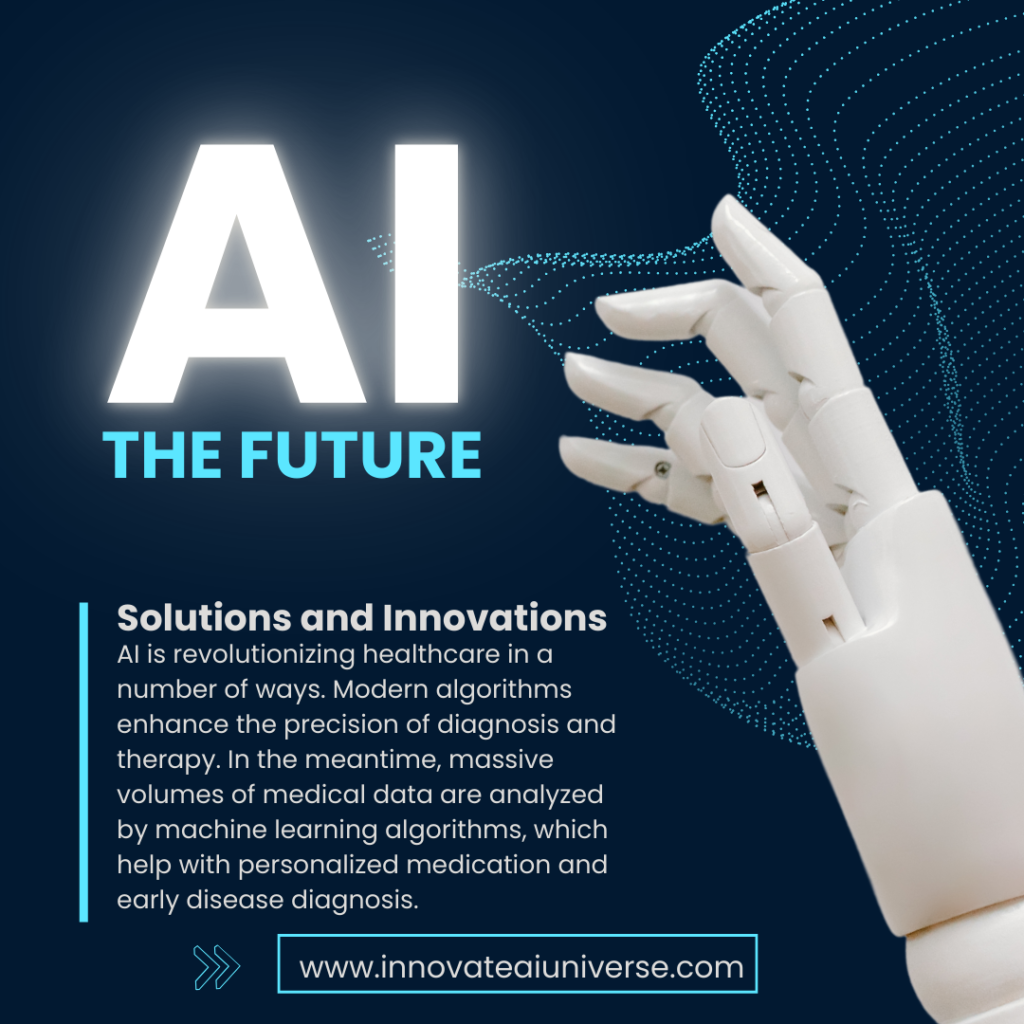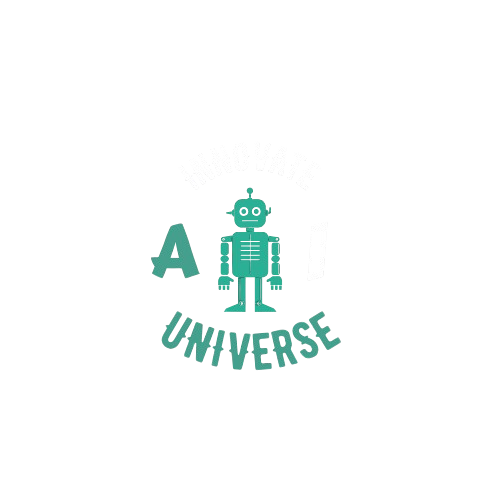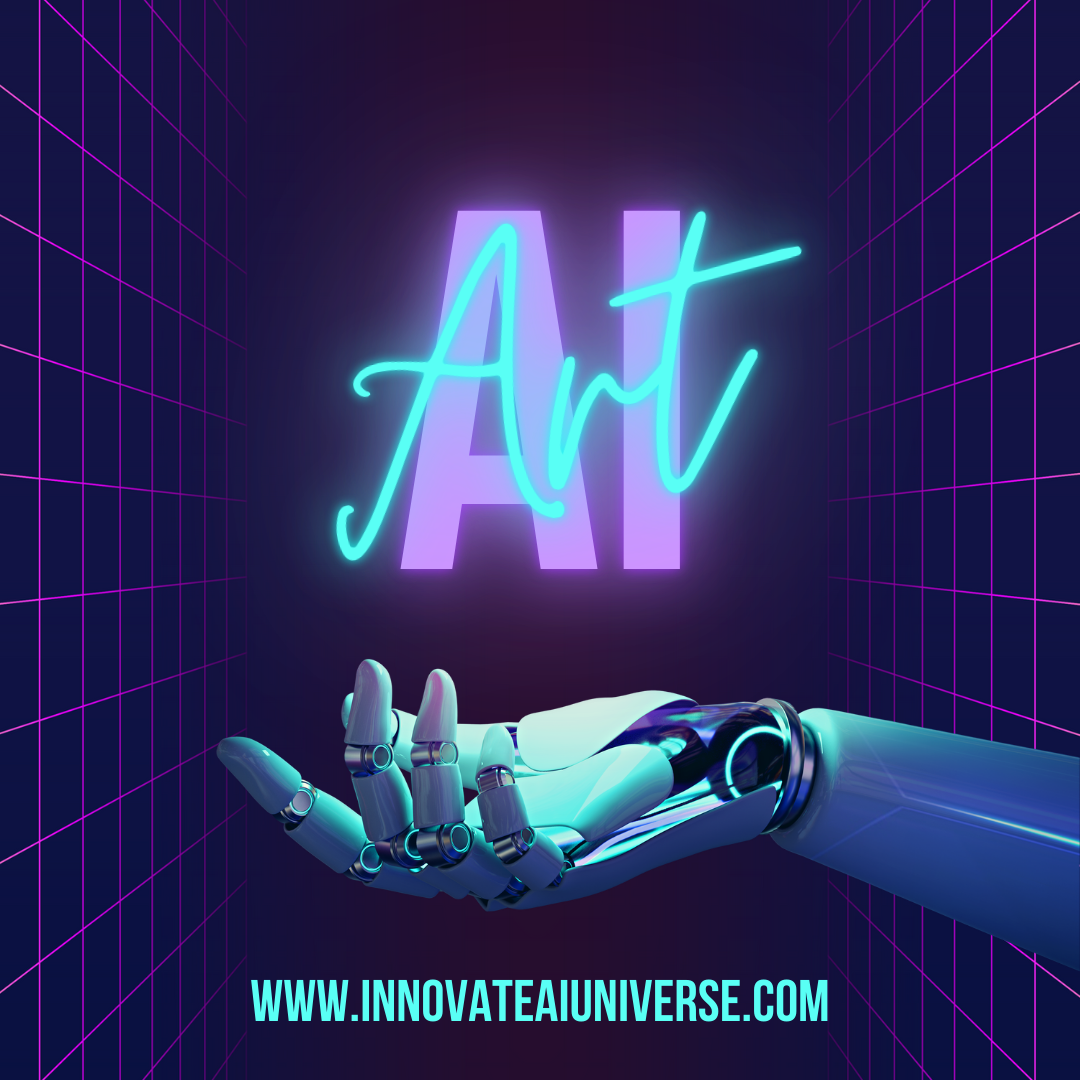INTRODUCTION:
AI milestones 2024 is bringing about a significant shift in businesses and the workplace by expediting and streamlining monotonous operations.

By streamlining operations, AI solutions have also enabled organizations to increase the volume of work they do.
The greatest AI programs assist users in a variety of tasks, including creating original ideas, altering photos, accurately predicting trends, and much more.
AI is fostering innovation and efficiency in a wide range of industries, including healthcare, banking, retail and manufacturing,.
AI ADVANCEMENTS 2024 AT INDUSTRIAL LEVEL:
AI IN HEALTHCAR
Artificial Intelligence (AI) is the use of computers and machine processes to mimic human intelligence and carry out sophisticated automated tasks. AI-enabled machines aim to mirror the capabilities of the human mind, but they can also surpass it in various aspects, most notably in efficiently sorting through massive amounts of big data to find patterns, anomalies, and trends.

According to a recent PWC estimate, artificial intelligence is expected to generate an additional USD 15.7 trillion in economic value by 2030. The healthcare sector is expected to experience the greatest disruption from AI technology.
A recent study conducted by the Institute of Cancer Research and the Royal Marsden NHS Foundation Trust in the UK revealed that AI was “almost twice as accurate as a biopsy at judging the aggressiveness of some cancers.”
AI APPLICATIONS IN HEALTHCARE:
AI IN MEDICAL IMAGING:
The demand for new technology to support and empower radiologists was prompted by the shortage of radiologists and the advancement of imaging technology, which resulted in heavier workloads and reporting delays.

Convolutional neural networks and machine learning algorithms enable the AI-powered PACS system to read a variety of medical picture formats, including X-rays, CT scans, MRIs, and mammograms.
AI is trained on a vast array of datasets to identify anomalies, including lesions, in pictures and to distinguish between normal results and other aberrant scans.

Artificial intelligence (AI) can accurately identify a variety of ailments and recognize medical photographs. It can even identify minute anomalies in photos that the human eye would miss.
DETECTION OF DISEASES THROUGH AI:

Such trackers issue alerts when the gadget detects something odd or improbable. These variables include Fitbit and Apple Watch, as examples.
Apple created a watch that tracks a person’s health using artificial intelligence. This watch essentially gathers information on a person’s heart rate, blood pressure, breathing rate, activity level, sleep cycles, and other factors.
AI IN PHARMACEUTICAL SECTOR:
Artificial intelligence is currently being effectively used by the pharmaceutical sector for a variety of purposes, from drug development and clinical trials to production and marketing.
Based on a large number of patients with a certain disease, it aids in the identification of the best candidates for clinical trials in the field of clinical trials.
AI aids in the identification of intricate patterns in diseases and their behavior, which enables researchers and medication designers to determine the precise chemical composition that will work best for treating a given ailment.

AI-POWERED REMOTE PATIENT MONITORING:
Artificial Intelligence has the potential to enhance patient outcomes, facilitate remote patient monitoring for doctors, and free up their time to attend to patients who actually require their care.

Vital signs and other medical data can be automatically measured and monitored by medical wearable and sensors. After the data is analyzed, AI can indicate to clinicians which patients should be checked out.
Using this technology can significantly lower healthcare costs and avoidable patient readmissions, particularly as the population ages.
HOW AI IS TRANFORMING FINANCE AND BANKING INDUSTRY:
A revolution is going on right now in the finance sector. Artificial intelligence (AI) has become a disruptive force that is entirely changing how banks function and communicate with their clients.
In Artificial intelligence is changing the financial industry in order to increase productivity, fortify security protocols, and provide highly customized experiences for their clients.
For instance;
- AI is Increasing Efficiency by Automating Routine Tasks
Chatbots are a popular application of automation in customer support. NLP is how chatbots interpret voice or text queries. They respond in a way that is conversational. Currently, over 80% of banks use chatbots, citing Juniper research.

- AI Spots Cyber threats and Fraud
Large amounts of data are produced by banks from their client transactions. Machine learning methods can be used to mine this data. They recognize hazards by identifying signals and irregularities.
- Banks can take proactive steps to avoid fraud by using AI-powered fraud prevention and detection. They don’t have to wait to respond to fraud; they can take action now.
To examine data, JPMorgan Chase uses a machine learning system. It contains the device type, IP address, location, and further transaction information.
Financial Advice Tailored by AI

The transactional and behavioral data that banks possess about their clients is extensive. To gain individualized insights, banks can leverage AI methods like data mining and machine learning. This allows them to offer pertinent financial advice.
Customized guidance is offered to customers through Bank of America’s Life Plan tool. Their distinct incomes, spending patterns, and objectives are analyzed using AI. An increase in savings rates could be recommended by Life Plan.
- AI Makes Banking Ultra-Personalized
Additionally, banks are beginning to use AI to develop products that are unique for each client. Banks can provide customized solutions by examining the interests and habits of their customers. They are tailored to meet the specific needs of each individual.
Australia’s ANZ Bank and AI FinTech Hyper Anna have teamed. In order to offer highly customized banking experiences, they took this action. Hyper Anna aids ANZ in anticipating and creating items for its customers. It generates customized savings programs for targeted objectives by processing obscured consumer data.
The best-positioned banks for long-term success will be those that carefully integrate AI and intentionally manage risks. But in order for the financial system to keep up with AI, the necessary legislation must also change.
AI-DRIVEN INNOVATIONS IN RETAIL AND E-COMMERCE 2024:
AI is revolutionizing retail and
online shopping with features including voice-activated shopping assistants,
robotic warehouse pickers, facial recognition payment systems, anti-counterfeit
technologies, and tailored shopping experiences.
Predictive analytics solutions can improve customer satisfaction, boost revenue, and make it easier to draw in new clients. Retailers can examine a vast amount of previous data on user-product interactions with the use predictive analytics.

AI integrates automation, augmentation, intelligent assistants, and big data into the retail operation in order to augment business with technology. AI can benefit the retail and e-commerce in different ways such as;
- By Generating Recommender systems
The recommendation engine on Amazon is among the most well-known use of AI in e-commerce for recommendation generation.
Online businesses and E-commerce suppliers need to have recommender systems. By employing these customized solutions, they can improve customer satisfaction, raise sales,

https://repairmachinestilters. /
and gain a deeper understanding
of consumers’ demands.
- By Integrating AI into (CRM) Customers Relationship Management
You can communicate with customers on the appropriate platform and at the appropriate moment by integrating AI into your CRM. Voice assistants with artificial intelligence (AI) capabilities can handle many jobs at once, respond to consumer inquiries, and resolve a variety of common problems.
Providing your sales staff with new prospects can be achieved by implementing voice recognition technologies that are specifically developed and can be integrated into your current CRM.
- By initiating (AR) Augmented Reality
Retailers have one of the best chances ever to provide customers an exceptional experience and encourage them to return for further purchases in the future.
AR technology creates an immersive experience by fusing the virtual and the real world with virtual objects, visual effects, and subtitles. AR has several uses in gaming, as well as in retail and online shopping.
Your company may profit from a variety of artificial intelligence-related advantages in e-commerce and online retail, depending on the market niche it serves and the objectives you choose to pursue.
AI IN AUTOMATIVE INDUSTRY:
Autonomous vehicles can now navigate, observe, and adapt to dynamic settings thanks to the integration of AI and learning algorithms, which increases their efficiency and safety. Future developments in AI technology should substantially improve the capability and security of autonomous vehicles.
The integration of AI in self-driving cars is expected to have a bright future that will change daily living and open up new prospects. It includes;
- Technological Developments by AI
AI algorithms are more skilled at comprehending environments with sophisticated sensors and strong machine learning, resulting in sharper perception and decision-making.

https://techbilion.com/what-are-the-3-devices- in-self-driving-cars/
- The (IOV) Internet of Vehicles Technology
The network that enables automobiles to communicate with other cars and the road infrastructure is known as the “Internet of Vehicles.” It leads to a more sophisticated and interconnected transportation system.
As IoV technologies develop, we expect a more smooth integration of these systems into the urban transportation infrastructure.
The 5G Connectivity:
Beyond only improved car connectivity, 5G expansion will make more possible. In smart cities, where automobiles communicate with urban infrastructure, it will also help develop.
These might be parking systems that direct automobiles to open spaces, lowering traffic and emissions, or intelligent traffic signals that interact with moving vehicles to maximize traffic flow.

Leading automakers including Tesla, Volvo, Waymo, and Voyage have been guiding the development of autonomous driving technologies for use in automobiles.
CONCLUSION:
Artificial intelligence (AI) is transforming risk management and fraud detection in the financial industry while improving diagnosis accuracy and tailored treatment plans in the healthcare sector. AI is being used by the manufacturing industry for quality control and predictive maintenance, and by the retail industry, AI is improving supply chain management and consumer experience. The impact of AI on various industries will only increase as it develops, making 2024 a critical year for corporate transformation and technology breakthroughs.



